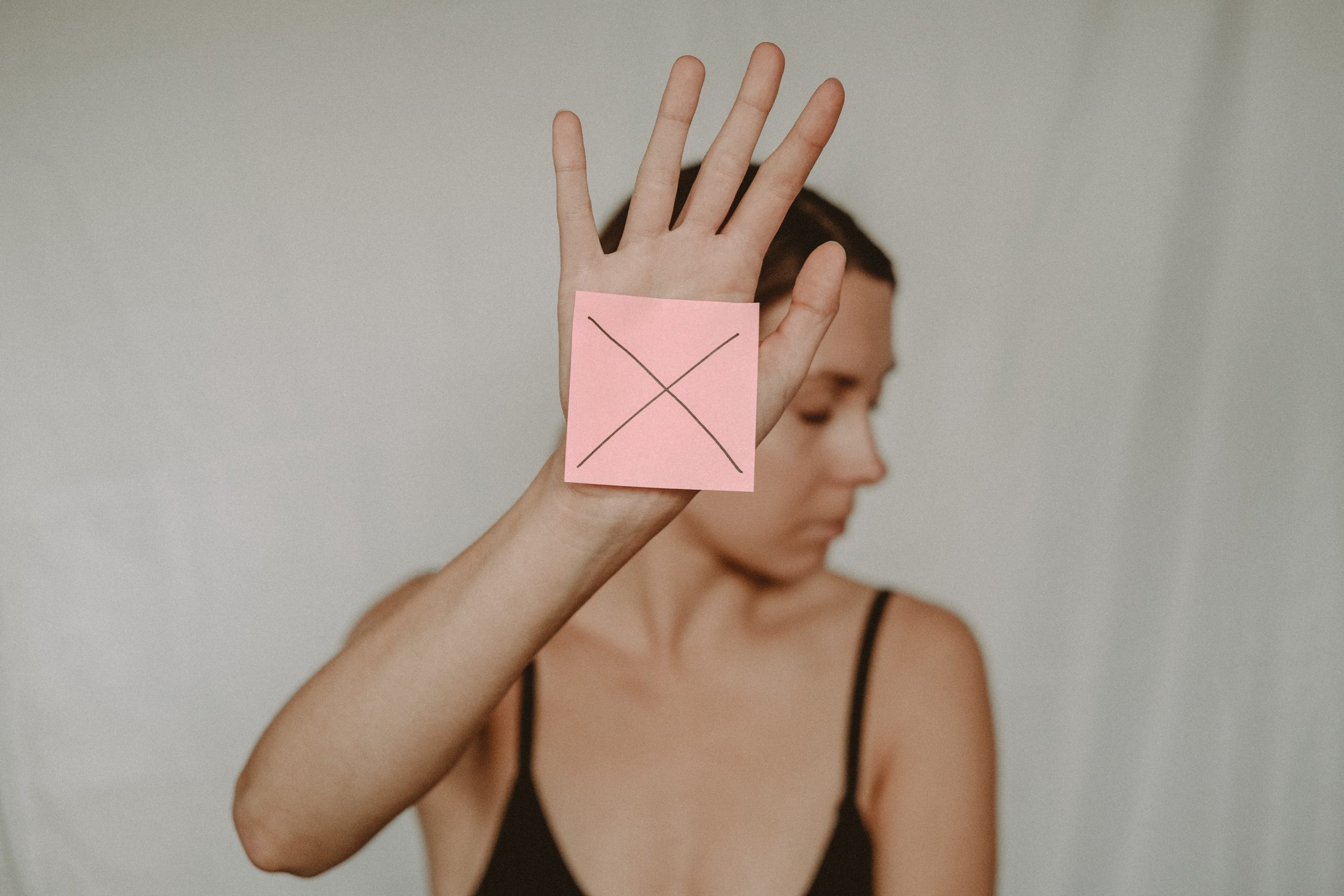
“So, how are you holding up?”
I ask a friend on our monthly video chat.
“Not great,” she says tearfully. “The kids need so much help with their online schoolwork, and I’m falling further and further behind at work because it’s taking all my time to support them, and Frank and I keep getting into these huge blowouts about whose responsibility it is.”
She pauses.
“But I feel awful saying any of this because there are people who have it so much worse right now.”
This last line has become a familiar refrain in the pandemic, but as a therapist, it’s one that I’ve heard many times before. The basic premise is that if anyone is facing more adversity than us, even an unknown person in a distant land, then we are not entitled to our emotional pain.
I understand that this is coming from a well-meaning place for many people. We are trying to acknowledge our privilege and have appreciation for all of our blessings. But punishing ourselves for our emotional pain does nothing to serve those less fortunate than us. In fact, it may actually get in the way of exercising compassion toward others.
If we operate on the belief that only those in the “worst” circumstances are allowed to feel misery, then where exactly do we draw the line? Is our neighbor not allowed to grieve the loss of his elderly father since others lose parents in the prime of life? Is our coworker not entitled to feel sorrow over the miscarriage of her second pregnancy since some women are never able to conceive? Are we not permitted to ache for injustices in our government since citizens of some other countries cannot even elect their own officials?
When we negate our own painful feelings by deeming them unworthy, we run the risk of turning empathy into a competitive sport. Brené Brown calls this “comparative suffering” and advocates that we adopt the view of compassion as a limitless resource—one that only grows when we offer it to ourselves and others.
But isn’t it important to be grateful for what we have?
Beyond its moral implications, gratitude, the appreciation for the good things in our lives, has emerged in research as a powerful happiness booster and well-being promoter. Practicing it can indeed help us to overcome hardships. But gratitude and self-compassion are not mutually exclusive. We can give ourselves empathy for our hurt while taking stock of our positives at the same time. In fact, allowing ourselves to feel emotional pain may open us up to recognize the joys and pleasures around us, because we become acutely aware of the contrast. Conversely, when we blunt one emotion, they all tend to get dampened.
As humans, we are uniquely capable of having feelings about our feelings, which means that we can be worried about our sadness, angry about our confusion, and yes, guilty about our hurt. This calls to mind the parable of the two arrows, in which the Buddha compared the pain of our circumstances (loss, injury…) to being shot with an arrow, and our reaction to those circumstances as being shot with a second arrow. It already hurts like hell to feel grief, sorrow, and heartache. So, why do we shoot ourselves with the second arrow of these meta-feelings?
If we allow ourselves to feel what we feel, without judgment, we can begin to heal our wounds. This ultimately increases our capacity to be of service to others, including those less fortunate than us.
So please, instead of punishing yourself for your painful feelings, allow them to be experienced and expressed.
There’s plenty of compassion to go around.


 Share on bsky
Share on bsky




Read 8 comments and reply